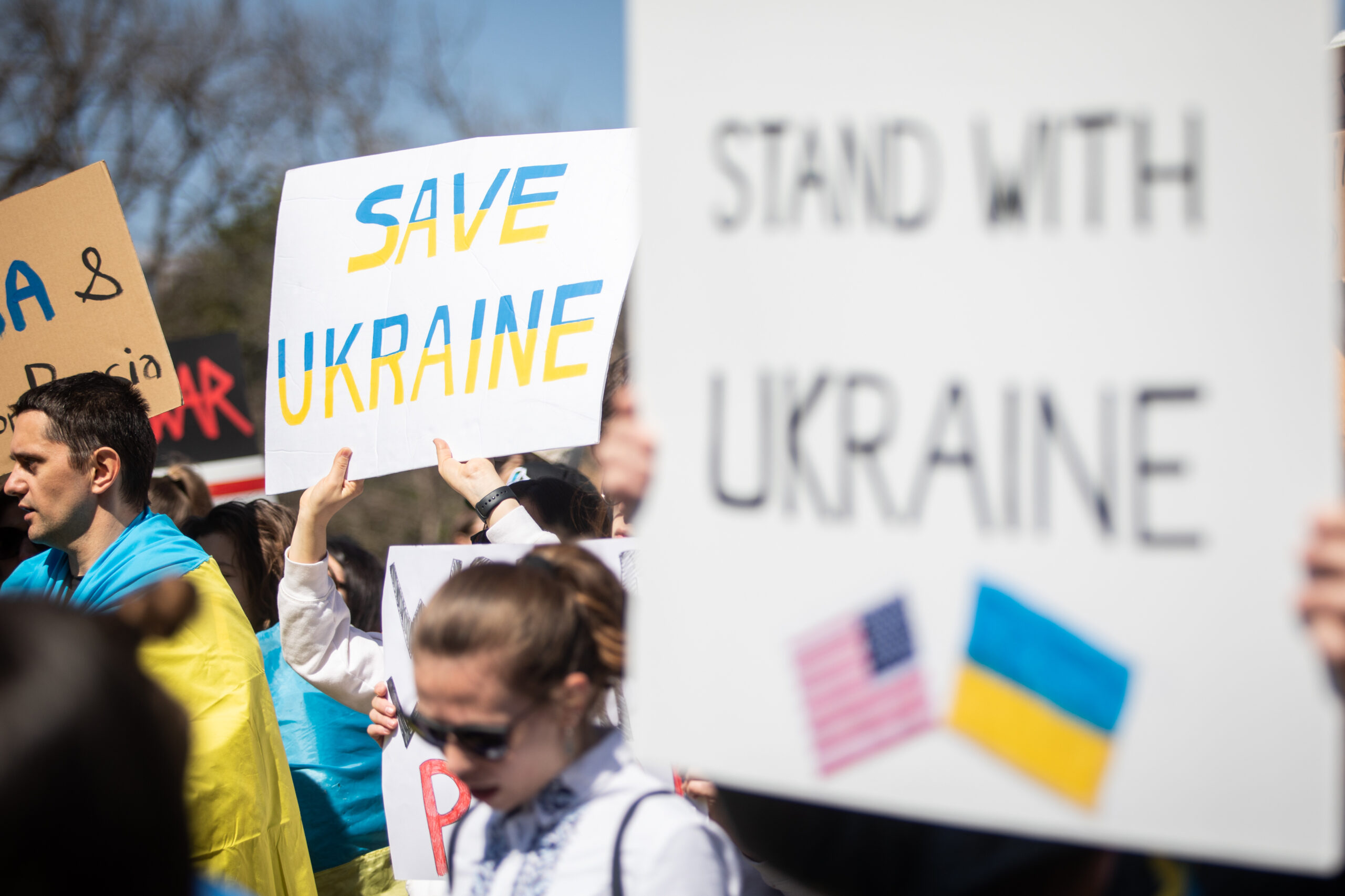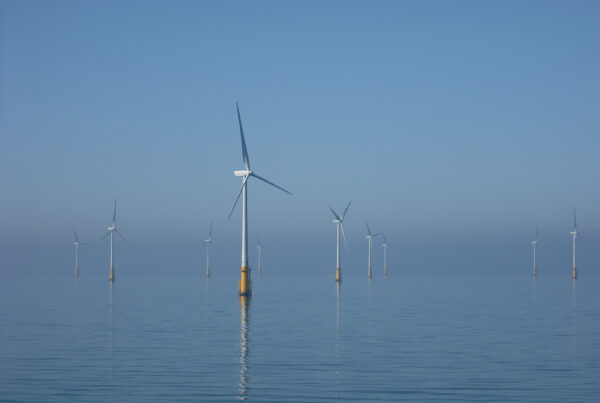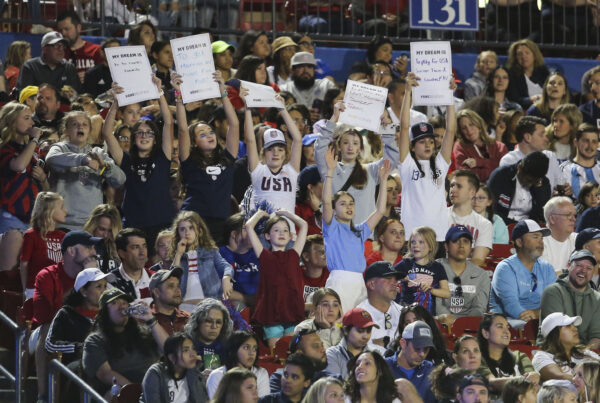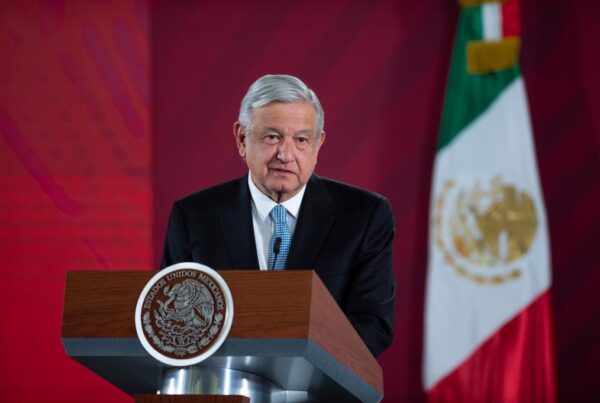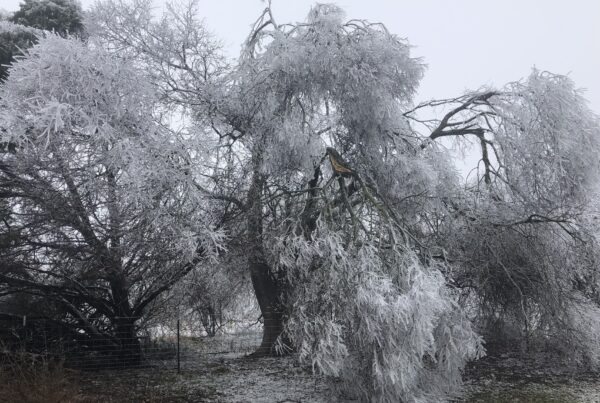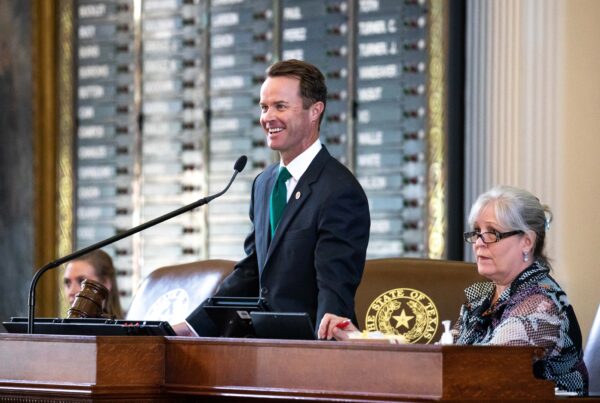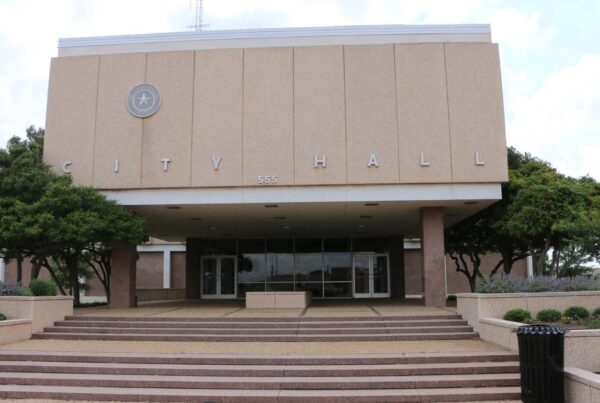Feb. 24 marks one year to the day since the start of Russia’s war in Ukraine, though some will note that the conflict arguably started much earlier back in 2014, when Russian troops joined Ukrainian separatists in what would become an annexation of Crimea.
In the run-up to Russia’s 2022 invasion, President Vladimir Putin railed against NATO’s expansion, demanding a military pullback and characterizing Ukraine’s own ambitions as an existential threat. The U.S. and the West held their ground, promising grave repercussions should Putin move forward.
» SEE MORE: ‘I feel so helpless’: Ukrainians living in Austin watch a war thousands of miles away
While most agree Putin’s gamble was misguided, where do we stand now – and what does the future hold?
Valerie Hudson, the George H.W. Bush chair in the Department of International Affairs in the Bush School of Government and Public Service at Texas A&M, joined Texas Standard to discuss what might come next in the ongoing conflict. Listen to the story above or read the transcript below.
This transcript has been edited lightly for clarity:
Texas Standard: As someone who studies global conflicts – your reflections on this war in terms of how long it’s gone on, the resilience of the Ukrainian forces, where Russia stands — what are you thinking about on this day?
It’s really a time for reflection, isn’t it? Today, we also have the announcement that China is proposing a peace plan, a 12-point peace plan for resolving the Ukrainian conflict. And we would not have gotten to this stage, I think, without the determination and the resilience of the Ukrainians, who, with the help of Western weapons and Western support, has put up just a terrific battle against the Russian invaders.
Clearly, Vladimir Putin was surprised by that resilience, as you describe it. But he’s also, I think, surprised somewhat by the solidarity of Western nations – U.S. allies in NATO – do you think?
Yes, I think he was surprised. I mean, I think he saw the ignominious retreat of the Americans from Kabul in August 2021 and determined that there would be no real support for Ukraine. Now, the support is not completely firm. For example, in Germany, there have been massive protests against supporting Ukraine with arms. But nevertheless, I think Putin has been surprised.
» SEE MORE: Weapons, tents, generators, and more: The U.S. military is sending supplies to Ukraine almost daily
Russian forces have sort of been advancing and then having to retreat in sort of a push-pull today. Where do we stand? I mean, what parts of Ukraine does Russia continue to hold relatively firmly? And where does it appear that most of the ground conflicts are taking place?
Yeah, it’s in that southeastern part is where Russia holds territory. So that Donetsk region of Luhansk. And this is really going to be the sticking point, which is Russia will probably agree to peace only upon Ukrainian acceptance of those territorial gains. And [Ukrainian president] Volodymyr Zelenskyy has ruled that out and has even said that they’re prepared to kick the Russians out of Crimea. So it’s going to be very difficult, I think, to negotiate this kind of cease fire and peace agreement. Be interesting to see what happens.
Even if Vladimir Putin were to accomplish his goals of hanging on to that southeastern portion, we’re really talking, are we not, about the gains that Russia had made going back to 2014 when it invaded southeastern Ukraine and supported separatists there, are we not?
Well, in fact, it’s kind of the continuation. I mean, once you have Crimea, you want a land bridge to Crimea. And so this invasion is ostensibly for the purposes of getting that land bridge to Crimea. So you’re absolutely right that the two things are interconnected.
Well, you mentioned this Chinese plan. I don’t know if you’ve had a chance to take a look at the terms, of what China is proposing here. But it was only days ago that there was talk China might supply weapons to support Russia. How much of a neutral player is China here and is this to be taken seriously, do you think?
I think it’s to be taken seriously, but certainly I think the Chinese are prepared to support the Russians if it means getting the Ukrainians to the negotiating table. So just like, you know, the West has a preferred outcome to this battle between Ukraine and Russia, so China has a preferred outcome. But yet, I think it’s noteworthy that it’s the Chinese proposing the terms of peace, and it’s not the West proposing terms of peace. So I am a little interested in the fact that now the initiative lies with the Chinese and not with the West in moving forward or not moving forward toward peace talks.


